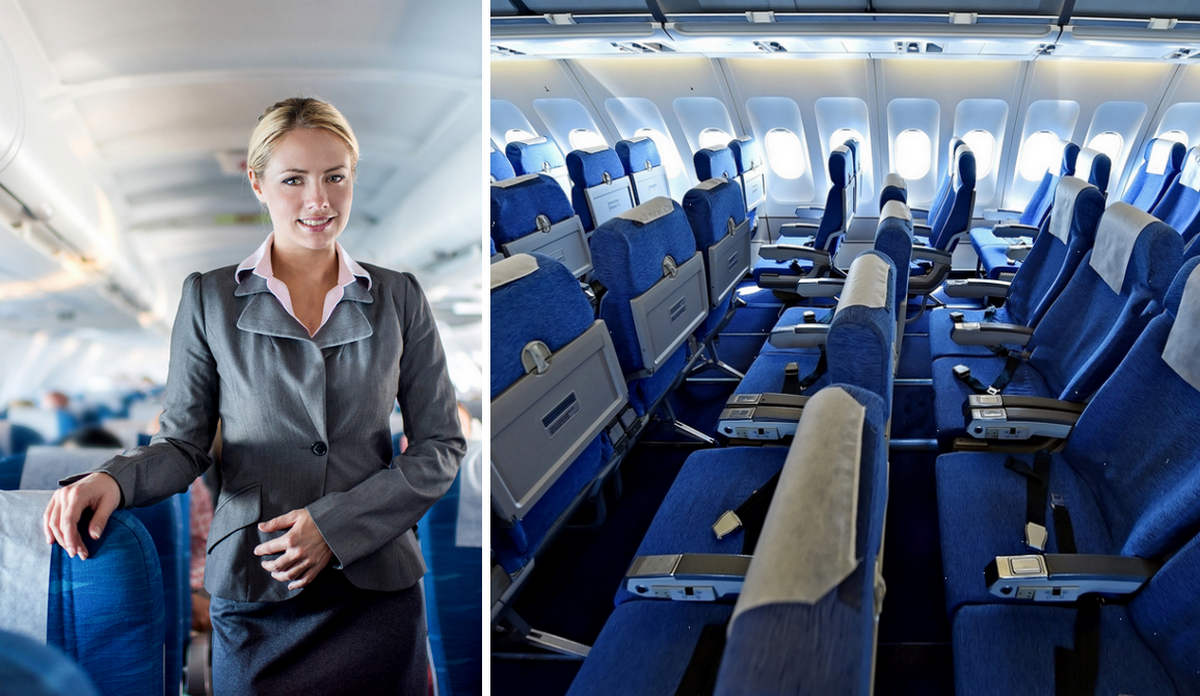France has launched a sweeping crackdown on disruptive airline passengers following a sharp rise in onboard aggression and refusal to comply with safety instructions. According to DGAC, more than 1,800 cases of misconduct were recorded on flights to and from France in 2024 — a 42% increase compared to 2023.
Transport Minister Philippe Tabarot has unveiled a new legal framework targeting “the minority of passengers who endanger everyone else on board.”
What penalties are included?
1. Fines from €500 to €20,000
Applied for:
– using electronic devices when prohibited;
– obstructing crew operations;
– refusing safety instructions;
– aggressive or threatening behavior.
2. Flight bans from six months to lifetime
Severe offenders can be permanently barred from flying with French airlines.
3. Immediate removal from the aircraft and arrest
Crew will have full authority to request police intervention during boarding or mid-journey stopovers.
4. A national “high-risk passengers” database
Shared among Air France, Transavia, easyJet (France operations) and all airlines operating on French soil.
How the blacklist system works
— If a banned passenger attempts to book a ticket, the reservation system automatically blocks the purchase.
— The ban includes transit flights through any French airport.
— Names can only be added following a court ruling or a prosecutor’s order.
— Passengers retain the right to appeal via an administrative court.
Criminal penalties remain in place
For the most severe cases — physical assault, attempted cockpit intrusion, endangering flight safety — offenders face:
— up to five years in prison,
— fines up to €75,000.
The first entries
Twelve individuals have already been listed in the register, including one who attempted to break into the cockpit on a Paris–New York flight in summer 2025.
Pilot unions welcomed the strict measures, calling them “long overdue,” while consumer groups voiced concerns over potential errors and demanded transparent appeal procedures.
With this move, France becomes the third European country to create a national blacklist — but by far the strictest in its financial and legal consequences.

